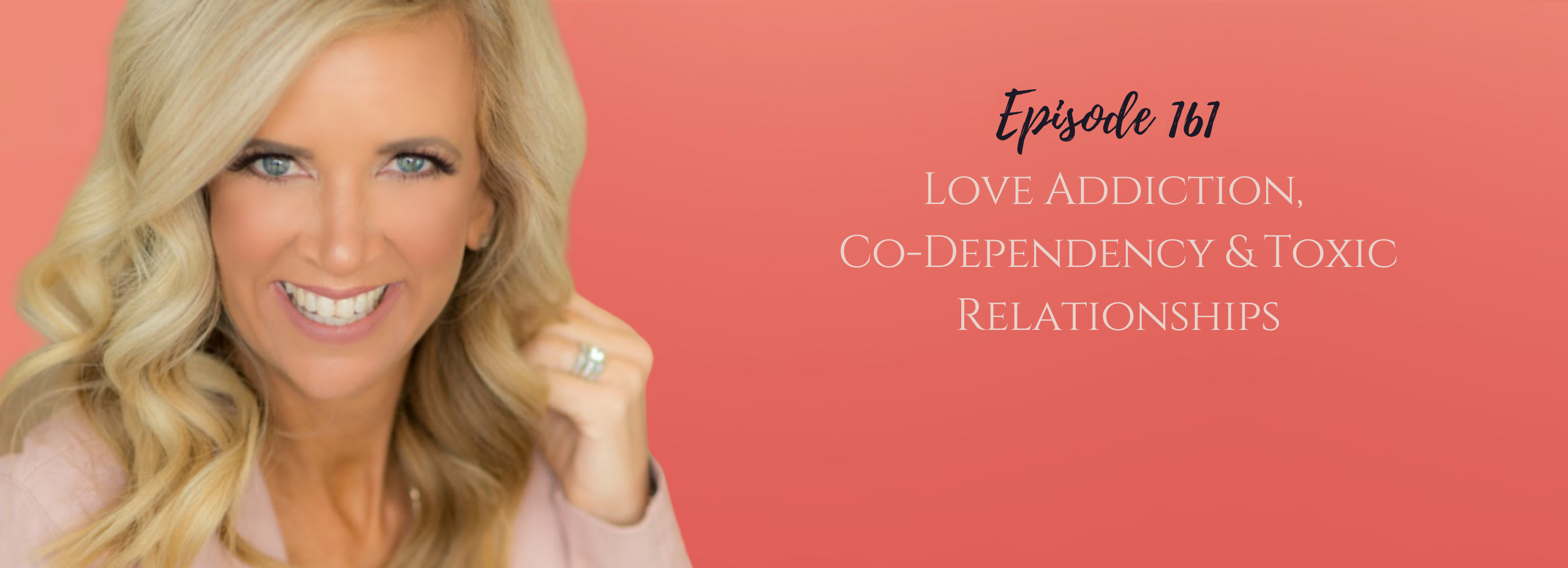
Love Addiction, Co-Dependency & Toxic Relationships with Sherry Gaba, LCSW| 5.18.2022
In this episode, Kristen talks with Sherry Gaba, LCSW about what love addiction is, why are toxic relationships so addictive, and how do you break free from it.
You'll Learn
- What does love addiction look like
- What causes the love addiction cycle
- Why do some people keep attracting toxic partners
- First steps to breaking free from love addiction
Resources
For counseling services near Indianapolis, IN, visit www.pathwaystohealingcounseling.com.
Subscribe and Get a free 5-day journal at www.kristendboice.com/freeresources to begin closing the chapter on what doesn’t serve you and open the door to the real you.
Subscribe to the Close the Chapter YouTube Channel
This information is being provided to you for educational and informational purposes only. It is being provided to you to educate you about ideas on stress management and as a self-help tool for your own use. It is not psychotherapy/counseling in any form.
[fusebox_transcript]